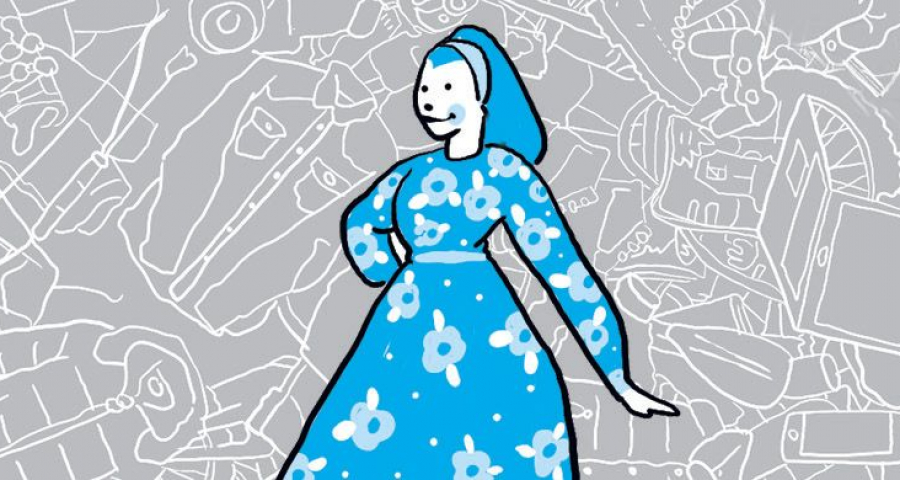We will not be able to create a new development model if we don’t learn to appreciate the wealth and value of the small things in life
By Luigino Bruni
Published in Messaggero di Sant'Antonio 16/01/2020
Although our culture, and perhaps every culture, associates its positive values with some form of wealth (material, spiritual, moral, emotional ...), in reality even poverty has its values, its virtues and even its beauty.
The West, and especially capitalism, has built civilization on the idea that having many things is better than having a few, and hence that the sum and accumulation of goods are an essential part of well-being. The East (think Gandhi's kind of wisdom) for a long time had a different line of thought and believed that happiness consisted in educating ones desires, in learning the art of enjoying what you already have without cultivating envy or anger for what you don't.
But it wasn’t the value of the "little" things that became the value of capitalist economy, and even less so in the post-capitalist one, where from a sum we moved on to the multiplication of things, in an insatiability that constitutes the primary engine in our present development model: we are not happy, and we think that this discontent is linked to not yet having enough, and so we feel anxious to increase our number of things and accumulate. However, we then realize that those coveted goods do not make us happy, but we think this depends on not yet possessing enough... an endless carousel that continues to go around, and the GDP grows thanks to our unhappiness and our many illusions. It is a game that has been going on for centuries, but spiritual illiteracy prevents us from recognizing this great illusion today; it presented the game to us as reality, and we believed it.
I remember my maternal grandmother Marietta very well, because she received the gift of a long life, and I the gift of enjoying her company even as an adult. She was poor although not indigent, she was a peasant who had seven daughters. Whenever I attended her village feasts as a child, she used to wear her good dress, the one saved for special days. I remember, because it was always the same, in part because she only used it for a few hours (usually for mass), and then she carefully stored it away and kept it wrapped in cellophane with mothballs to protect it. But that typical elegance of hers, that way of hers to dress with a different kind of dignity, that natural discretion, that combination of reserve and pride to wear something beautiful because it was rare and carefully taken care of, I have never seen them again in the many clothes worn by her daughters or by her granddaughters (although all equally dignified and beautiful, just like her). It is that elegance of the one and only dress, which is very similar to that of the birds in the sky, which beat even that of Solomon and his thousand outfits, that apparently even surpassed those of the Queen of Sheba, and they must have been really beautiful, even in her own wonderful clothes (so much so that she was struck by the clothes of the workers in Solomon's palace).
I have, on the other hand, seen that elegance of the one and only dress many times in my travels to Brazil, to Africa, in Asia. There, in the encounter with countless poor men and especially poor women, once again, I saw my grandmother’s dress and with it, her splendid dignity. It is part of the wealth of poverty to know how to value and preserve the few things you possess, a care that enhances and increases those goods.
There is a special happiness in knowing that what you have is unique, that it’s rare; and instead the great illusion of capitalism is to convince us that nothing is unique, nothing is rare, and everything can be multiplied indefinitely: this is its promise of eternal life, the eternal life of things, and our eternal life as well almost.
If we had kept the values of those peasant women of the last century, we would certainly not have ended up plundering the planet. We will not create a new development model if we do not learn to appreciate the wealth and value of the small things in life.
Photos: @Giuliano Dinon / Archivio MSA








